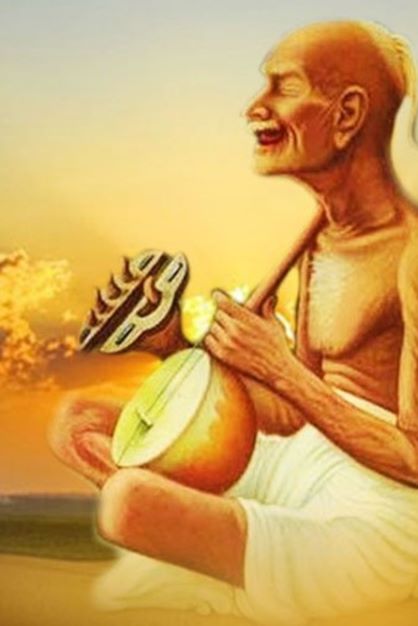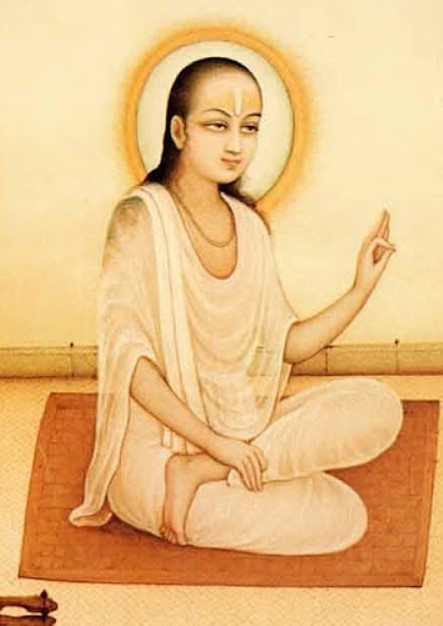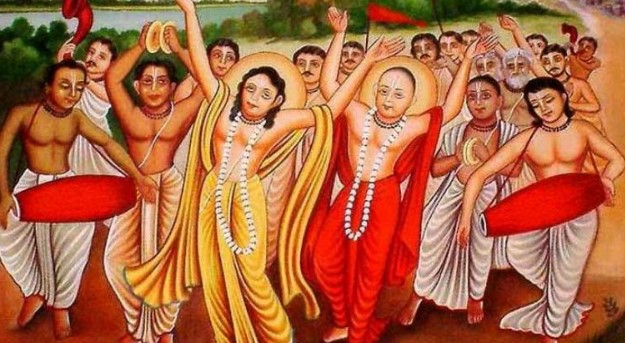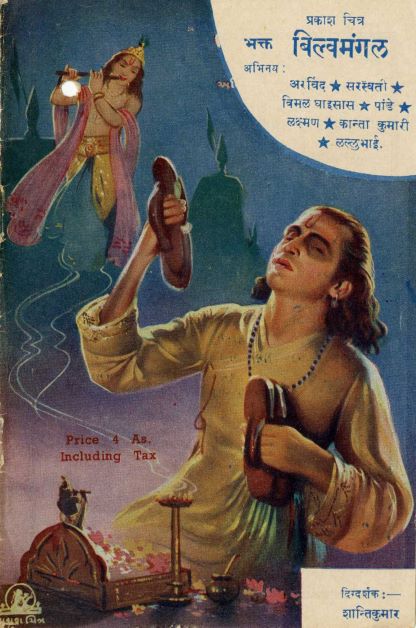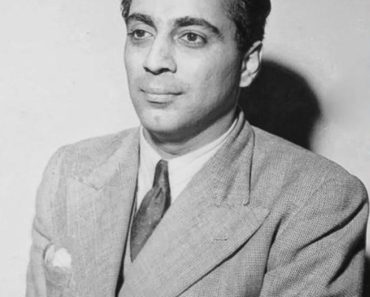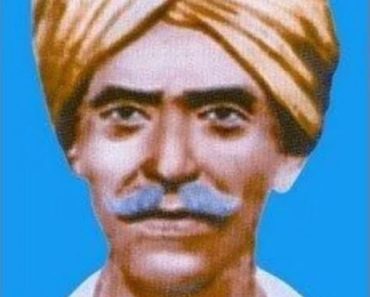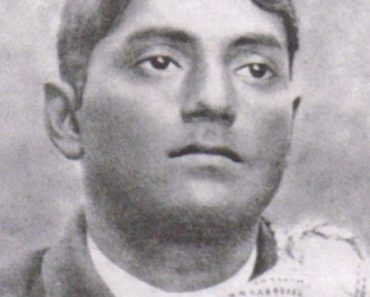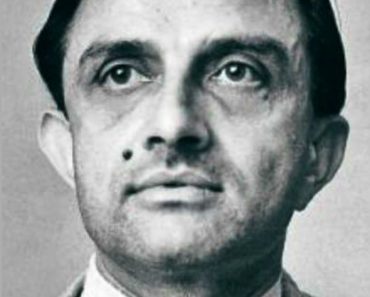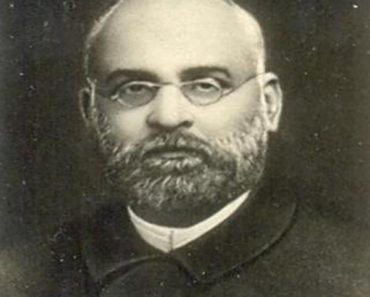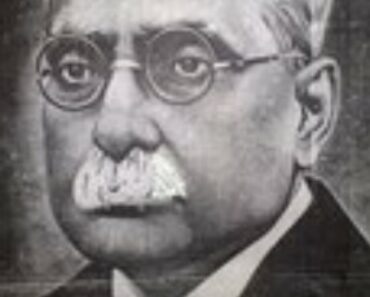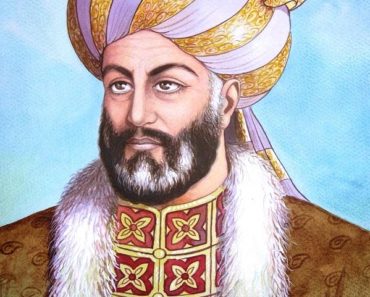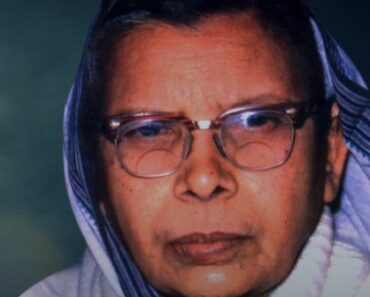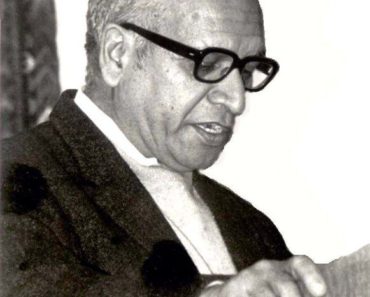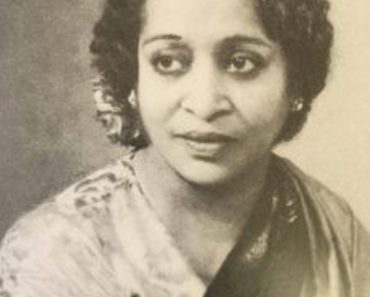Surdas was an Indian poet and singer who was popular in the 16th-century era. Reportedly, he was blind and famous for composing poems in the love of his master Lord Krishna. The languages used by Surdas for writing poems included Braj, medieval Hindi, and Awadhi.
Contents
Wiki/Biography
According to some historians, Surdas was born somewhere between the years 1478 and 1483 [1]Rgyan (age 101 years; at the time of death) in Gram Sihi, Faridabad, Haryana. His music teacher was Vallabhacharya, a well-known Indian saint of the 16th century. Vallabhacharya was the originator of the Pushti Marg Sampraday. Some historians and scholars claimed that Surdas was born in 1478. These historians asserted that according to the Vaishnav calendar, Surdas was born on the 5th day of the Hindu month of Vaishakh. On this day, Surdas Jayanti is celebrated in India. The other historians disputed the above-mentioned facts and claimed that he was born between the years 1561 and 1584. The birthplace of Surdas is also disputable. Some scholars claimed that the village Ranukta or Renuka, which is situated on the main road passing from Agra to Mathura was the birthplace of Surdas, while some other historians claim that a village called Sihi, which is situated near Delhi was the birthplace of Surdas. After the demise of Vallabhacharya, his successor Vithalnath chose eight poets including Surdas to compose the songs and poems to spread the laurels of Lord Krishna in India. These eight poets were popularly called “Astachap.” Surdas was prominent in poetic skills and devotion to Lord Krishna. The meaning of Astachap,
Eight disciples of Vallabha Acharya are called the Aṣṭachāp, (Eight seals in Hindi), named after the oral signature chap written at the conclusion of literary works.”
Family
Parents & Siblings
His father’s name is Ramdas Sarswat, and his mother’s name is Jamunadas. [2]Knowledge Ocean
Wife
Throughout his life, Surdas did not get married. [3]Chandrakantha
Initiation from Vallabhacharya
Surdas was born in a very poor family. Reportedly, he was blind from birth and was neglected by his family. When he was six years old, he was abandoned by his family. According to some historical sources, Vallabhacharya first met Surdas on the banks of the Mathura river, where Surdas (a blind) was crying and singing religious songs. Vallabhacharya was on his way from Vrindavan when he asked Surdas the reason for his crying. Surdas answered that he was abandoned by his family as he was blind. Upon this, Vallabhacharya placed his hands on the head of Surdas, and soon after the incident, in his closed eyes, Surdas had a glance at Lord Krishna who once lived in Braj about five thousand years ago. Surdas saw the life journey of Lord Krishna through his blind eyes. Surdas went to Vrindavan along with Vallabhacharya, who taught him the Hindu religious aarti at Shrinath temple. The saint Vallabhacharya taught him to memorize the Shrimad Bhagavad Gita. Surdas was initiated by Vallabhacharya. The Hindu scriptures were also recited by Surdas under the guidance and training of Vallabhacharya. Soon, he started delivering religious and philosophical discourses at local Hindu temples.
Composition of Poems
The poetic compositions of Surdas included the visuals and descriptions of the love between Lord Krishna and Radha. Mostly, it recounted the scenes, which depicted the yearning of Radha and Gopis in the absence of Lord Krishna. These poems focused on the Bhakti philosophy with some glimpses of Ramayana and Mahabharata. Surdas revealed in his poems that Lord Krishna had 24 avatars. He further stated that the Indian historical legends Dhruva and Prahlada were his followers. Some of Lord Krishna’s incarnations from history cited that Krishna was the lover of Vasant (Spring) and Holi festivals.
Bhakti Movement
Bhakti movement initially began in South India in the seventeenth century and gradually circulated its ideologies to the states of Nothern India. Surdas actively advocated and participated in the Bhakti movement across the Indian subcontinent during his time. This movement was led by several Indian saints and propagated spiritual empowerment among the masses. These poems were composed by him in Braj Bhasha, a dialect of Hindi. The Persian or Sanskrit languages were also prevalent among the locals of Braj. The Braj Bhasha started getting recognition soon after his poems became popular, and it was elevated from a common language to a literary one. The Indian poet Tulsidas was inspired by the writings of Surdas. Tulsidas composed the book Shri Krishna Gitavali, which was based on the writings of Surdas. According to historians, Surdas was a good friend of Tulsidas. The great Indian ruler Akbar was also fascinated by the poems and devotional songs Surdas. Surdas often attended the devotional meetings held at Akbar’s court. Dr Hazari Prasad Dwivedi, the modern Indian poet, composed several Hindi poems on Surdas. Dwivedi described Surdas’s aura in one of his poems. Hazari Prasad Dwivedi stated that the Alankar Shastra followed Surdas with folded hands and it started raining when Surdas used to start singing. He wrote,
When Surdas starts describing his favorite subject, it is as if the Alankar Shastra follows him with folded hands. And there is a flood of similes and a rain of metaphors. At the same time , Surdas has depicted the childhood form of Lord Krishna very succinctly and vividly. Surdas ji had turned poetry in a wonderful direction by connecting Bhakti with Sringar Rasa.”
Philosophy
Surdas was inspired by the ideologies of the Bhakti Movement and all of his poetic compositions revolved around his love for his master. He propagated the ideologies and teachings of the Shuddhadvaita school of Vaishnavism. He learnt the spiritual analogy of the Radha-Krishna Lila by listening to the saints of his time.
Literary Works
The book titled Sur Sagar (Sur’s Ocean) was written by Surdas in the 16th century with 100,000 poems or songs on Lord Krishna. In the modern era, several revised editions of this book were released by renowned Indian poets in the name of Sur. In his own composition Sur Sagar, Surdas described Lord Krishna and his life as:
the lovely child of Gokul and Vraj, written from the gopis’ perspective.”
In this book, Lord Krishna was described by Surdas as a mischievous and loveable child of Braj from the perspective of Gopis. The other two compositions of Surdas included Sur Saravali and Sahitya Lahari. According to some historic sources, the book titled Sur Saravali had one lakh verses. Surdas focussed on the Indian festival Holi in his book Sur-Saravali. However, some of the ballads from this book were misplaced with the passage of time. His books primarily comprised the life and Gunas of Lord Krishna, who created this universe in a playful mood. According to Surdas,
The Lord is the Great Player, who, in his playful mood, creates the universe and the Primerial man out of himself, who has the three gunas, namely Sattva, Rajas and Tamas.”
Some compositions in the Sikhs’ holy book ‘Guru Granth Sahib’ were also extracted from Sur. In his other composition, Sahitya Lahari, Surdas composed 118 verses, which were based on the Bhakti philosophy toward Lord Krishna. 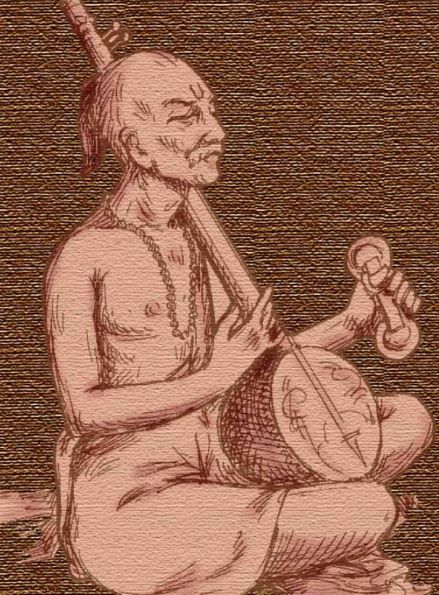
Death
According to some historians, Surdas died somewhere between the years 1579 and 1584 [4]India The Destiny at Braj, Uttar Pradesh. He died a natural death. [5]Janshakti
Facts/Trivia
- In the library of Kashi Nagari Pracharini Sabha, the 25 texts, which were written by Surdas, are kept exclusively for the readers.
- The philosophy in the poetry of Surdas cited that both Bhavapad and Kalapaksha meet each other in the same state.
- Surdas started following the Vallabh sect soon after getting initiation from Vallabhacharya. Some historians claimed in their compositions about Surdas that the manuscripts written by Surdas were ranked highest among the other Indian poets and singers such as Narsi, Meeran, and Vidyapati.
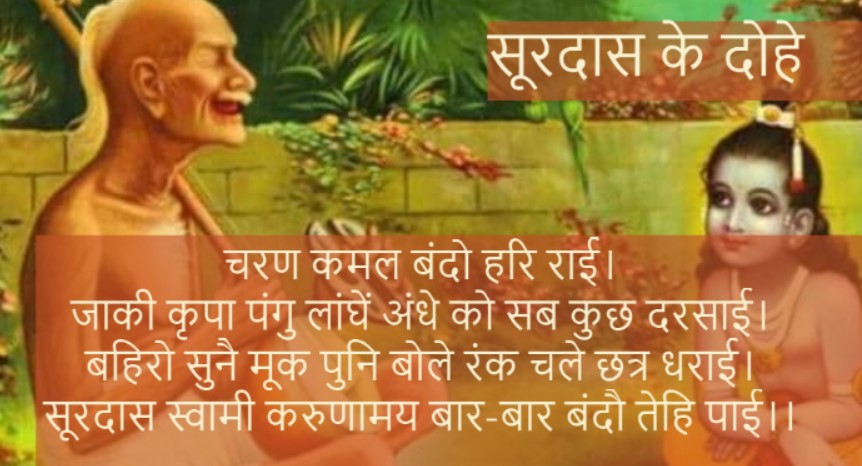
- A film titled Surdas was released in 1939 by Krishna Dev Mehra. Several other films were picturised on the life of Surdas such as Bilwamangal or Bhagat Soordas (1919) by Rustomji Dhotiwala, Bilwamangal (1932), Chintamani (1956) by P. S. Ramakrishna Rao, Chilamboli (1963) by G. K. Ramu, Bilwamangal (1976) by Gobinda Roy, and Vilvamangal Ki Pratigya (1996) by Sanjay Virmani.
References
| ↑1 | Rgyan |
|---|---|
| ↑2 | Knowledge Ocean |
| ↑3 | Chandrakantha |
| ↑4 | India The Destiny |
| ↑5 | Janshakti |

